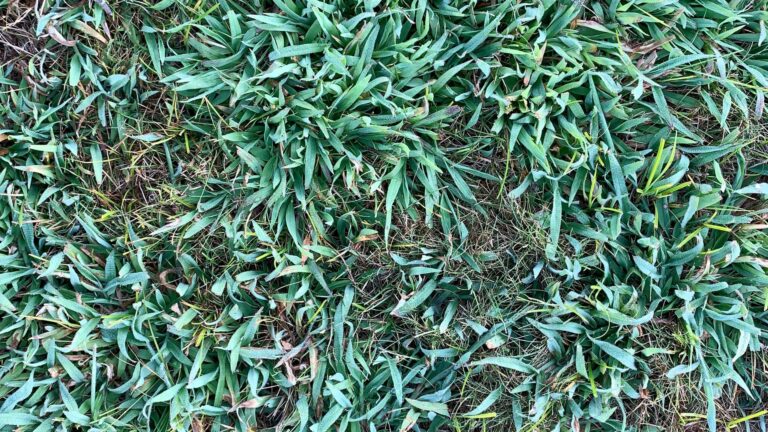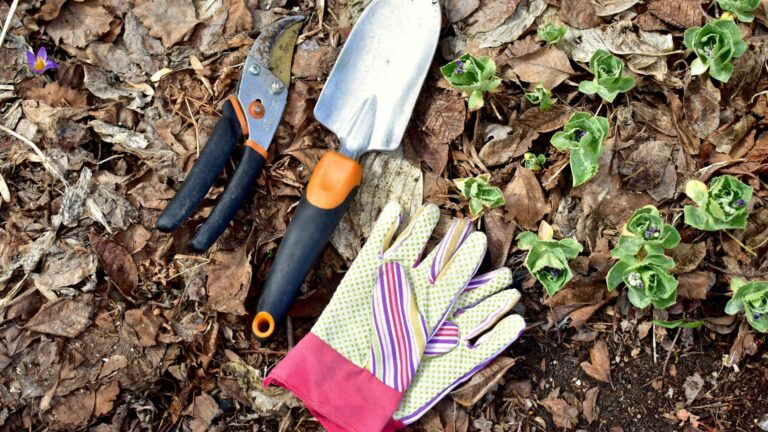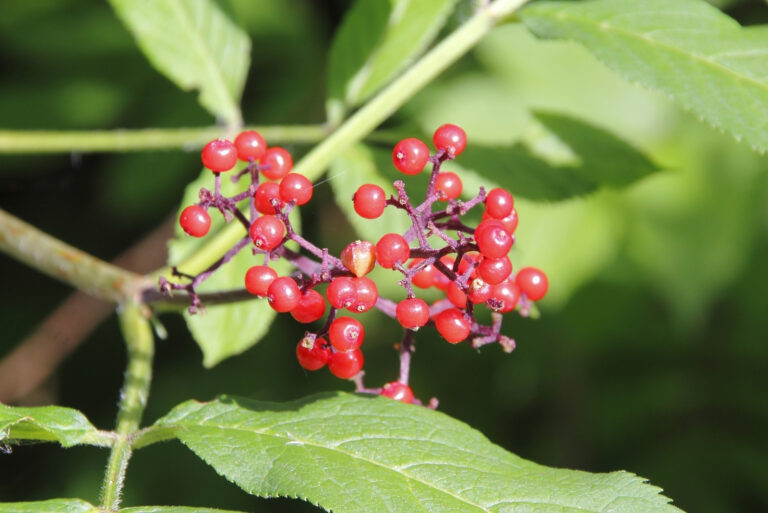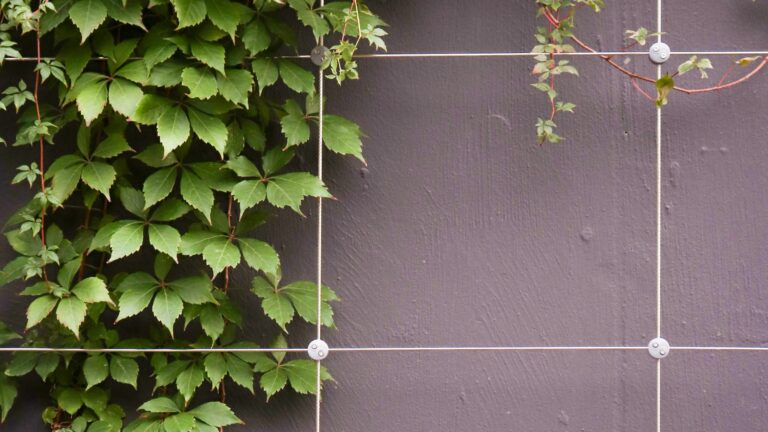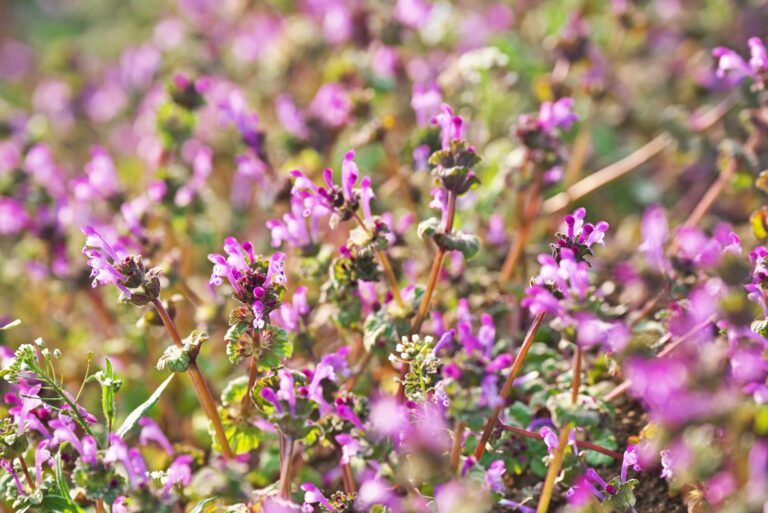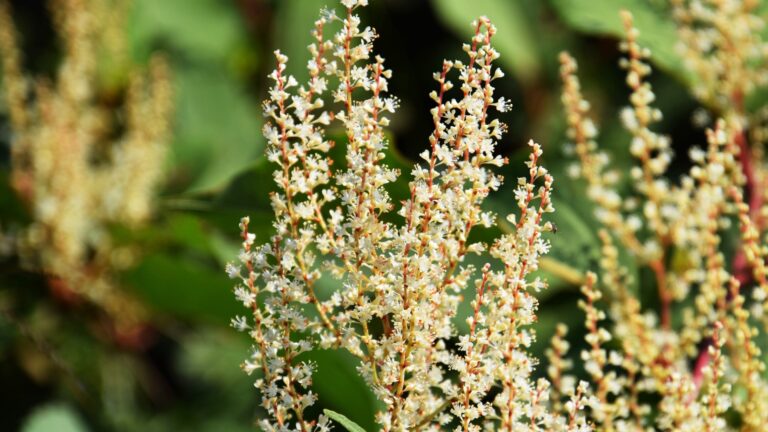9 Easy Ways To Get Rid Of Bindweed In Oregon Yards
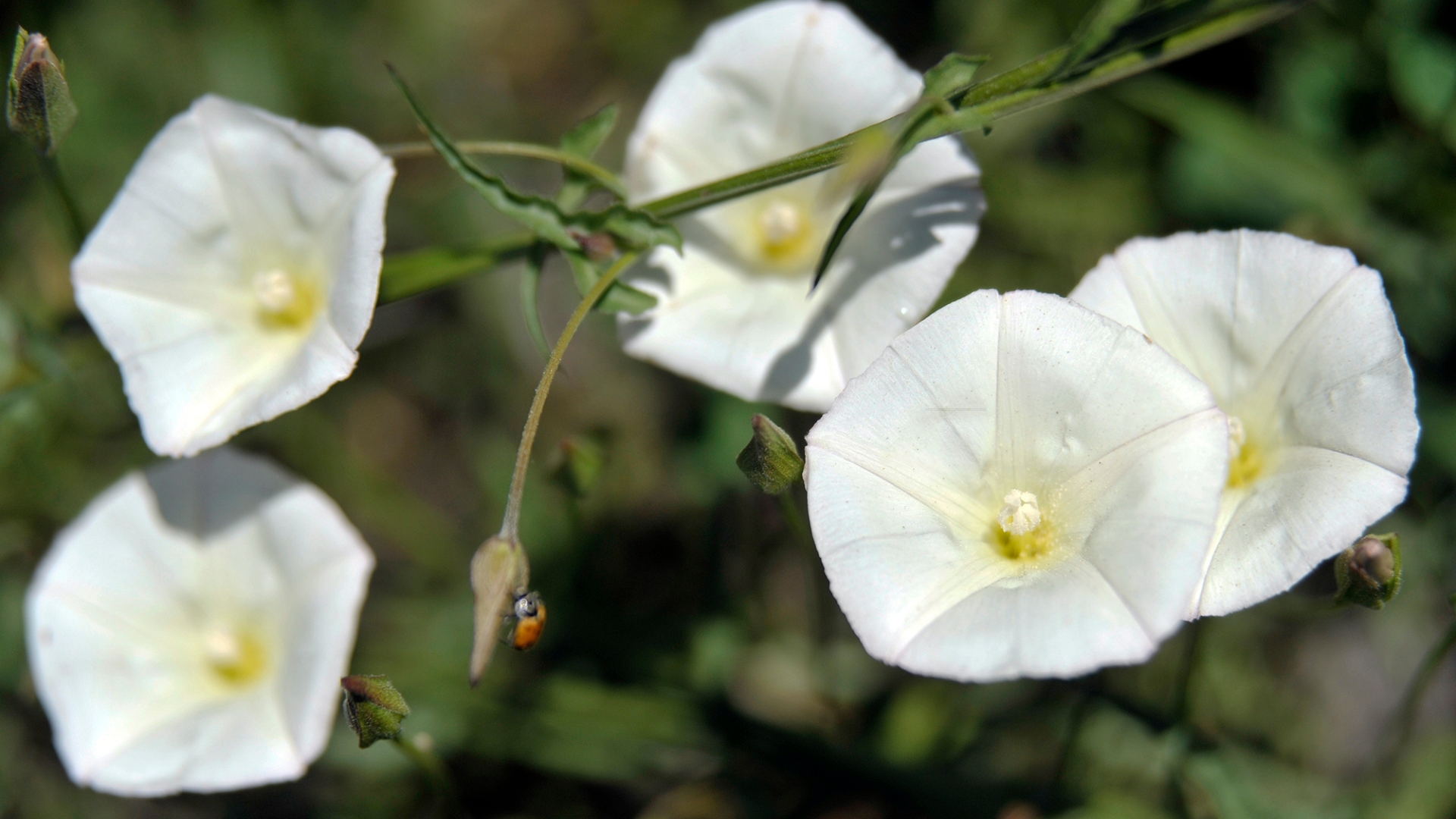
Bindweed is the sneaky villain of Oregon gardens, wrapping its tentacle-like vines around your precious plants and refusing to let go. This persistent perennial weed can quickly take over your yard if left unchecked, choking out flowers and vegetables alike.
Luckily, there are several effective ways to battle this botanical bully without breaking your back or the bank.
1. Pull It Out By Hand
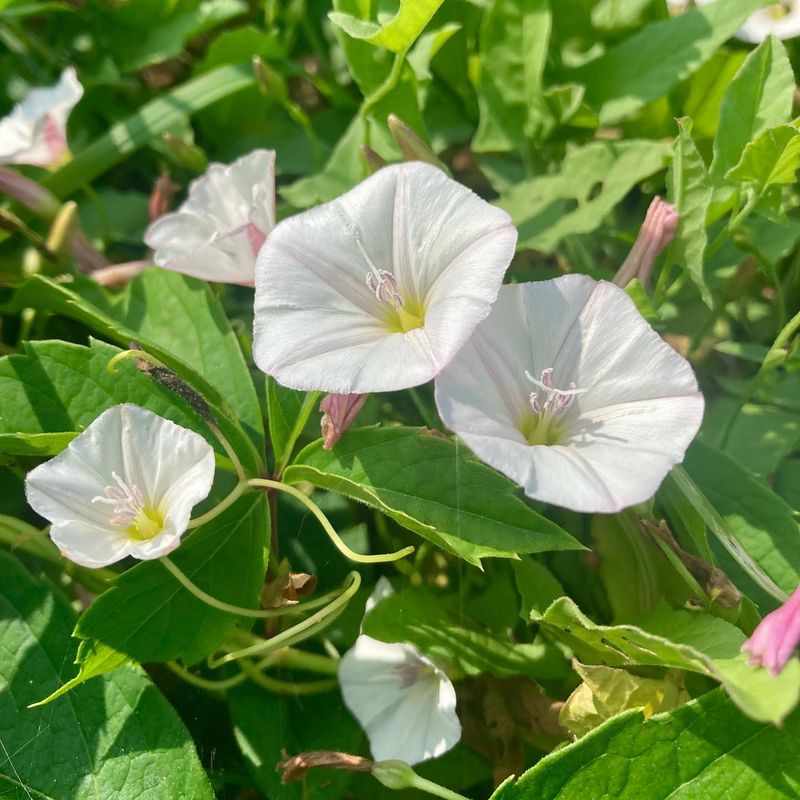
Gardening gloves on! Regular hand-pulling can weaken bindweed over time if you’re persistent. The key is removing as much of the root system as possible, not just the visible vines.
Try pulling after rain when the soil is moist and roots come out easier. You’ll need to check your garden weekly during growing season, as any fragment left behind can regrow into a new plant.
2. Smother With Mulch
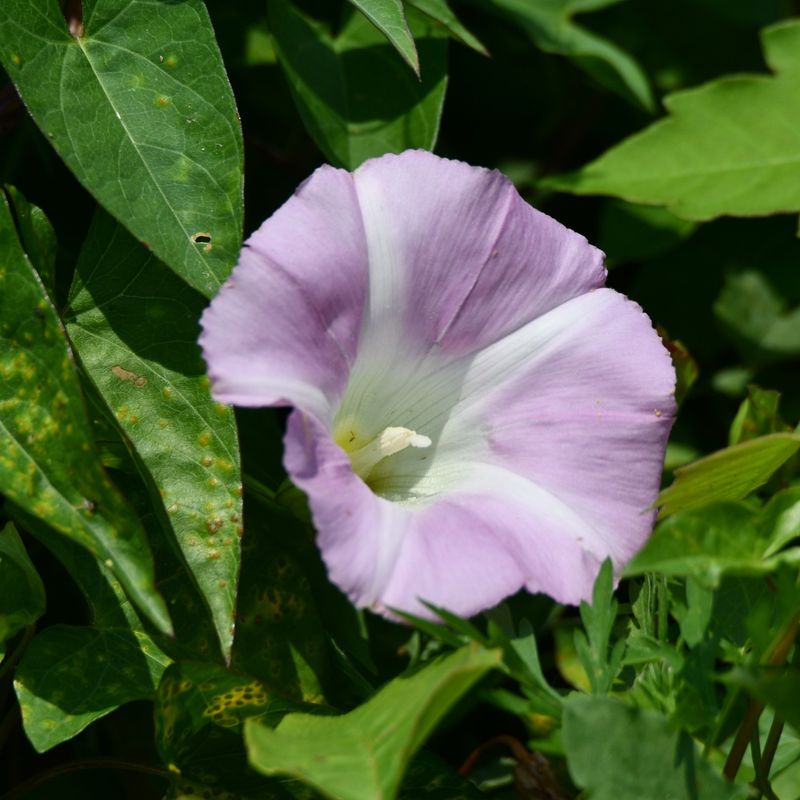
Blocking sunlight is a powerful weapon against bindweed. Lay down cardboard or several layers of newspaper, then cover with 3-4 inches of organic mulch like bark chips or compost.
The thick barrier prevents bindweed from photosynthesizing and eventually starves the roots. For stubborn patches, try landscape fabric underneath your mulch for extra smothering power.
3. Deploy Vinegar Spray
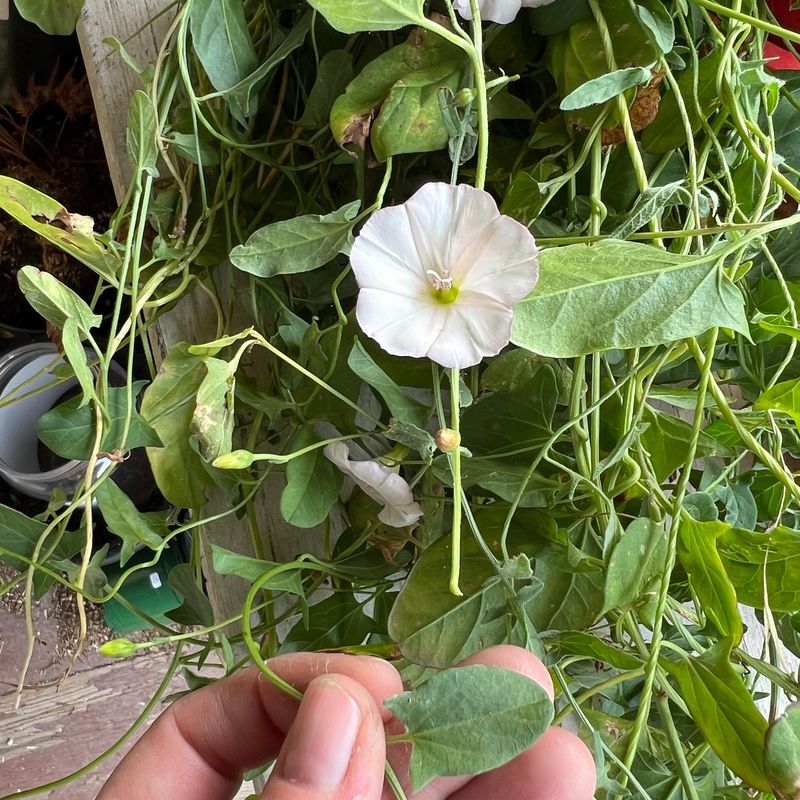
Household white vinegar makes a budget-friendly herbicide that can zap bindweed on contact. Mix one gallon of white vinegar with a cup of salt and a tablespoon of dish soap.
Spray directly on bindweed leaves during dry, sunny days for maximum effectiveness. The acetic acid burns the foliage while the salt disrupts moisture balance. Repeated applications may be necessary as this method doesn’t always kill the roots.
4. Plant Competitive Ground Covers
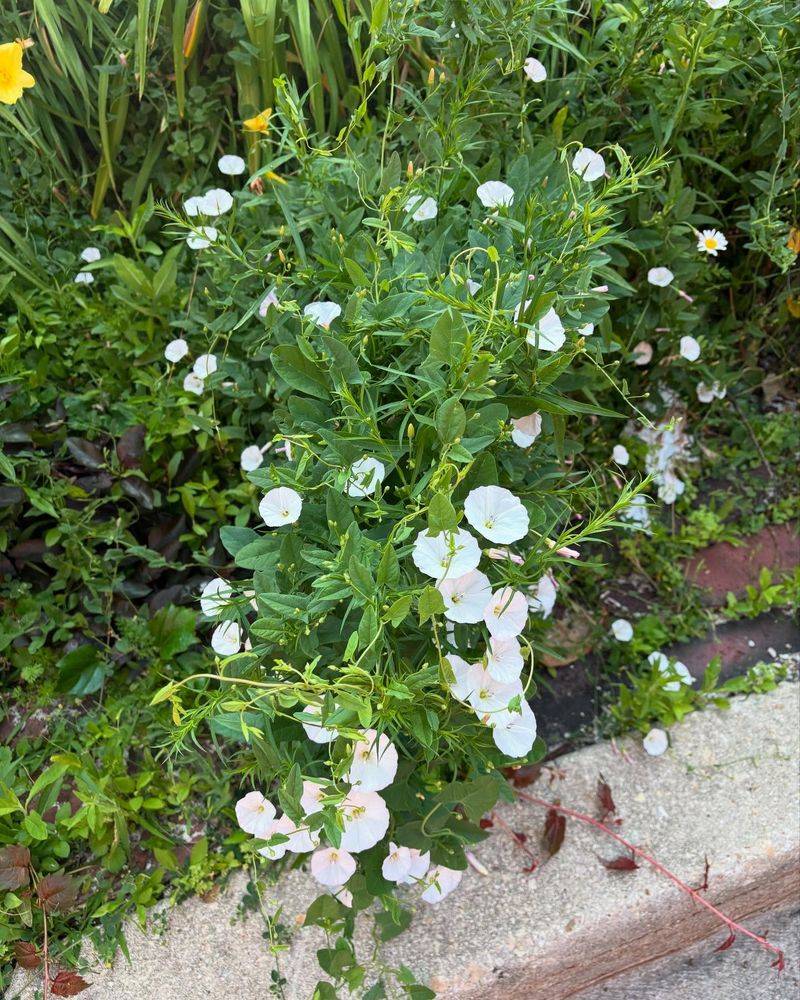
Fight plants with plants! Dense ground covers like creeping thyme, sweet woodruff, or Oregon grape can outcompete bindweed by hogging light, nutrients, and space.
Choose native species that thrive in Oregon’s climate for best results. Once established, these beneficial plants create a living mulch that makes it harder for bindweed to get a foothold in your garden beds.
5. Try Boiling Water Treatment
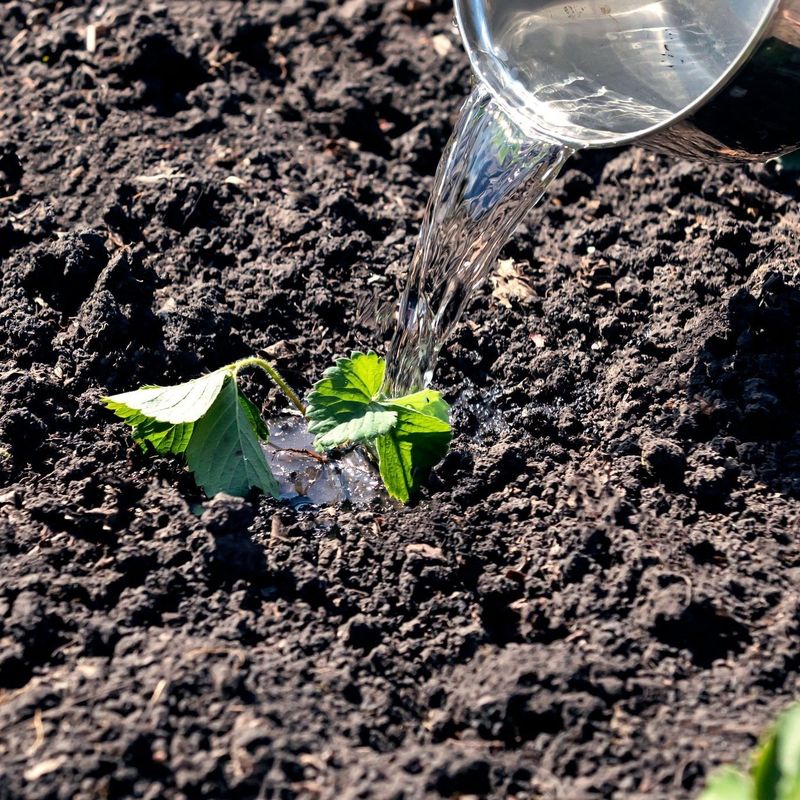
Sometimes the simplest solutions work best! Boiling water causes immediate cell collapse in bindweed plants and can even damage shallow roots.
Simply boil a kettle and carefully pour the scalding water directly onto bindweed patches. This method works great for bindweed growing in cracks or along hardscaping where other controls are difficult. Be cautious around desirable plants as boiling water kills indiscriminately.
6. Cover With Black Plastic
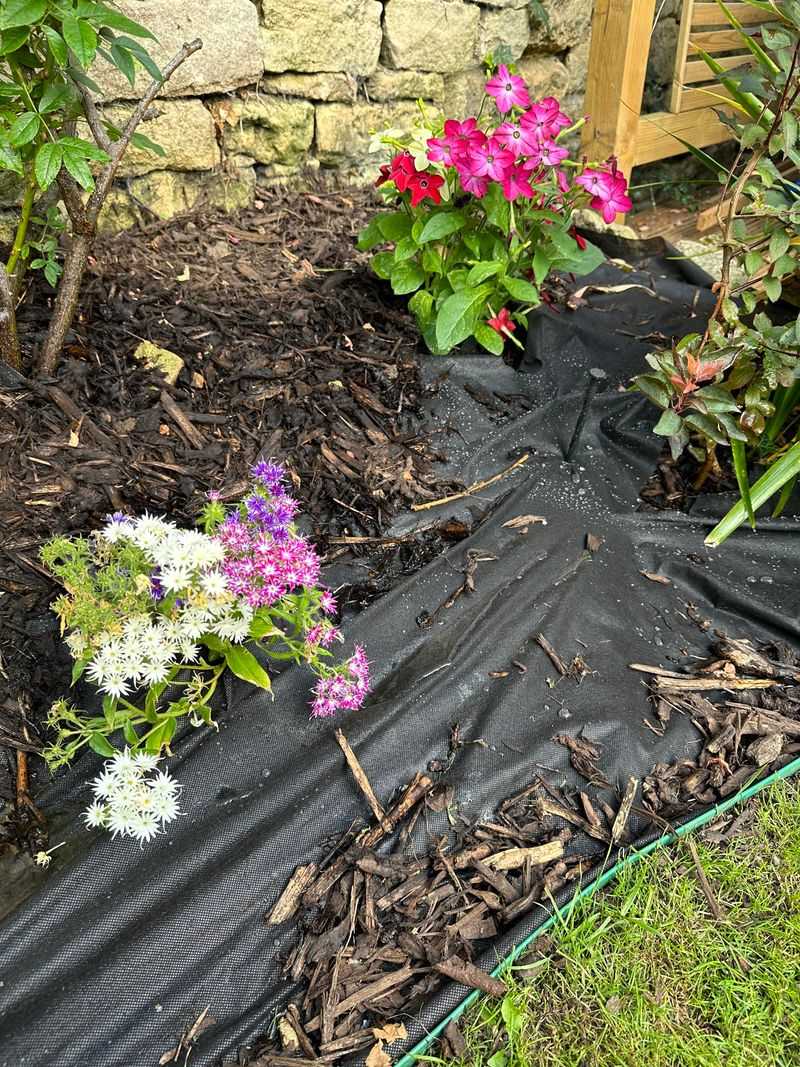
Solar power becomes weed killer when you harness it with black plastic! Cover infested areas with heavy black plastic sheeting, securing edges with rocks or stakes.
The combination of heat and light deprivation kills bindweed within a few months. This method works especially well during Oregon’s sunny summer months. Leave the plastic in place for at least one full growing season for best results.
7. Mow Frequently
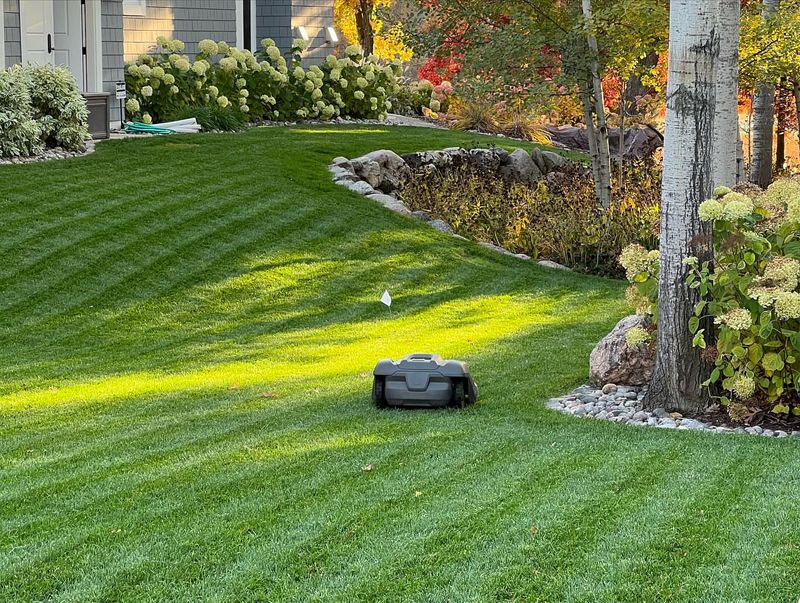
Got bindweed in your lawn? Regular mowing can be surprisingly effective. Setting your mower to a low height and cutting every 7-10 days prevents bindweed from flowering and setting seed.
Without leaves to photosynthesize, the roots gradually starve. This strategy requires patience but works well for large areas where hand-pulling isn’t practical. Combine with other methods for faster results.
8. Apply Corn Gluten Meal
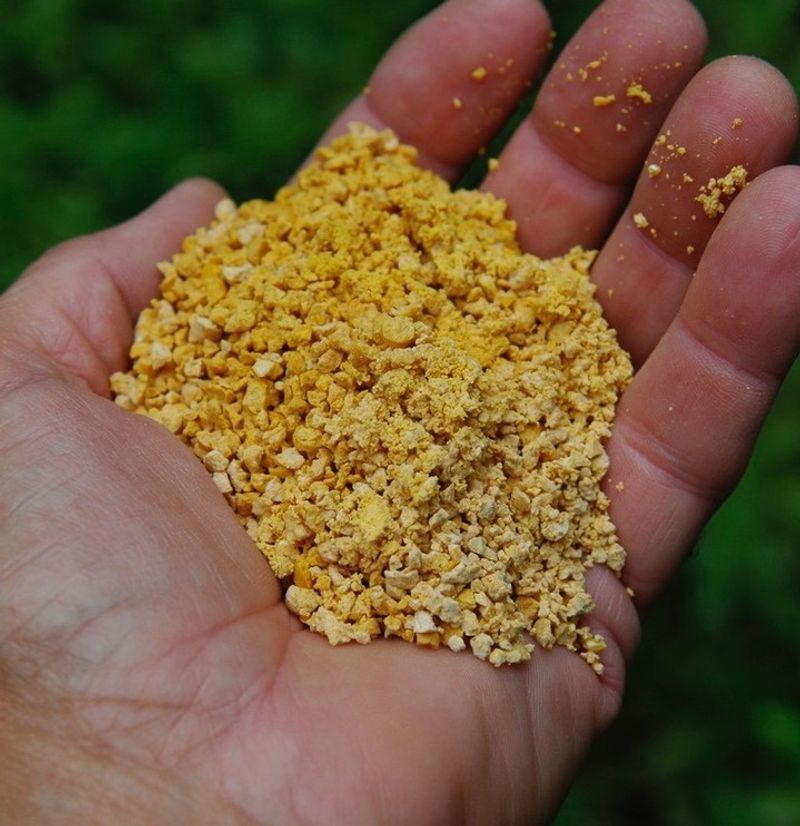
Corn gluten meal serves double duty as both fertilizer and natural pre-emergent herbicide. Sprinkle it generously where bindweed has been a problem, especially in early spring.
While it won’t kill established plants, it prevents new seedlings from developing roots. As a bonus, it adds nitrogen to your soil! Apply at a rate of 20 pounds per 1,000 square feet for optimal weed suppression.
9. Introduce Goats (Temporarily)

Rent-a-goat services have become increasingly popular in Oregon for good reason! These four-legged weed warriors love munching on bindweed and can clear large areas quickly.
Many local companies offer temporary goat grazing services. The goats eat the foliage and stress the plant’s root system through repeated defoliation. Plus, they add fertilizer as they work! Perfect for large properties with extensive bindweed problems.

